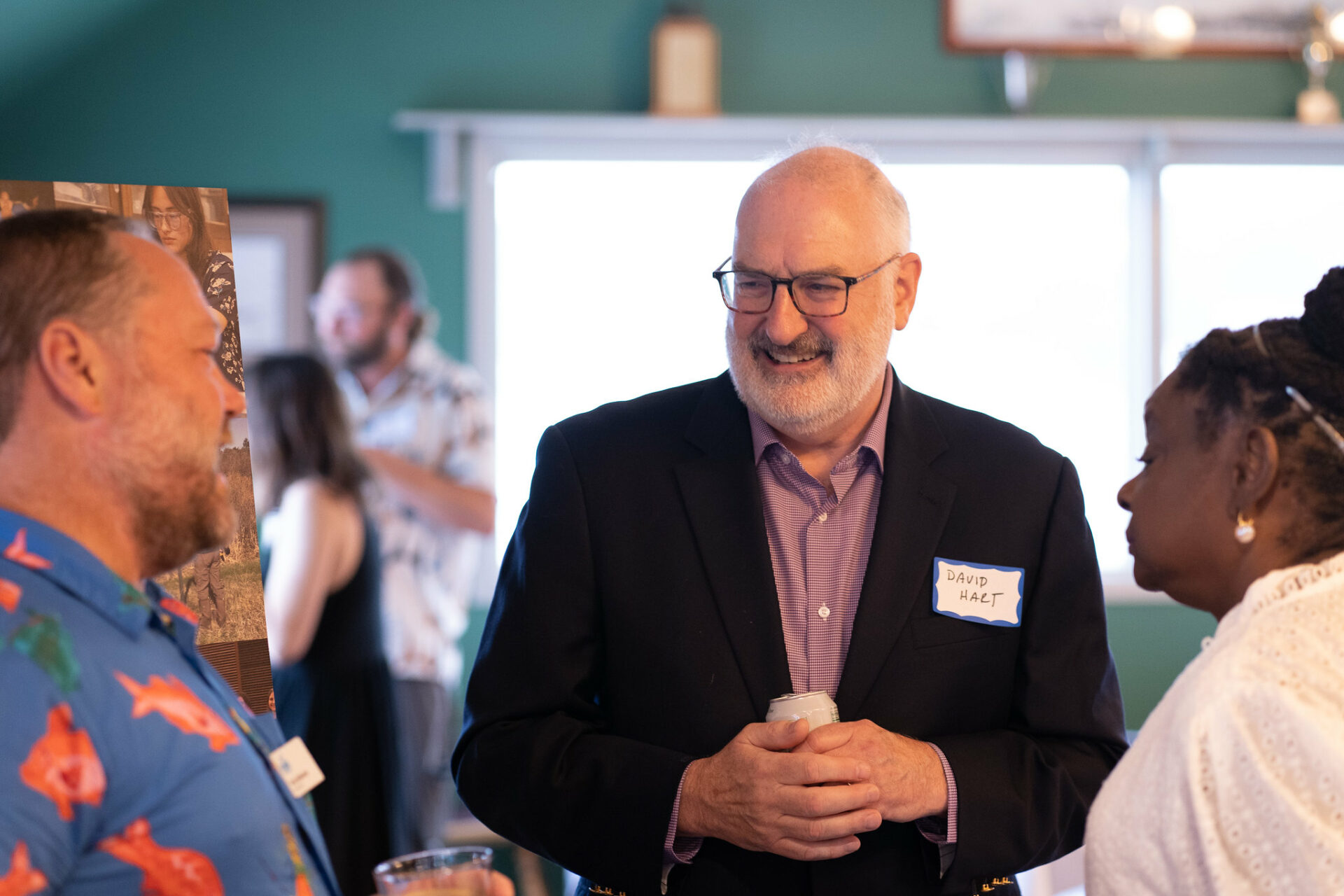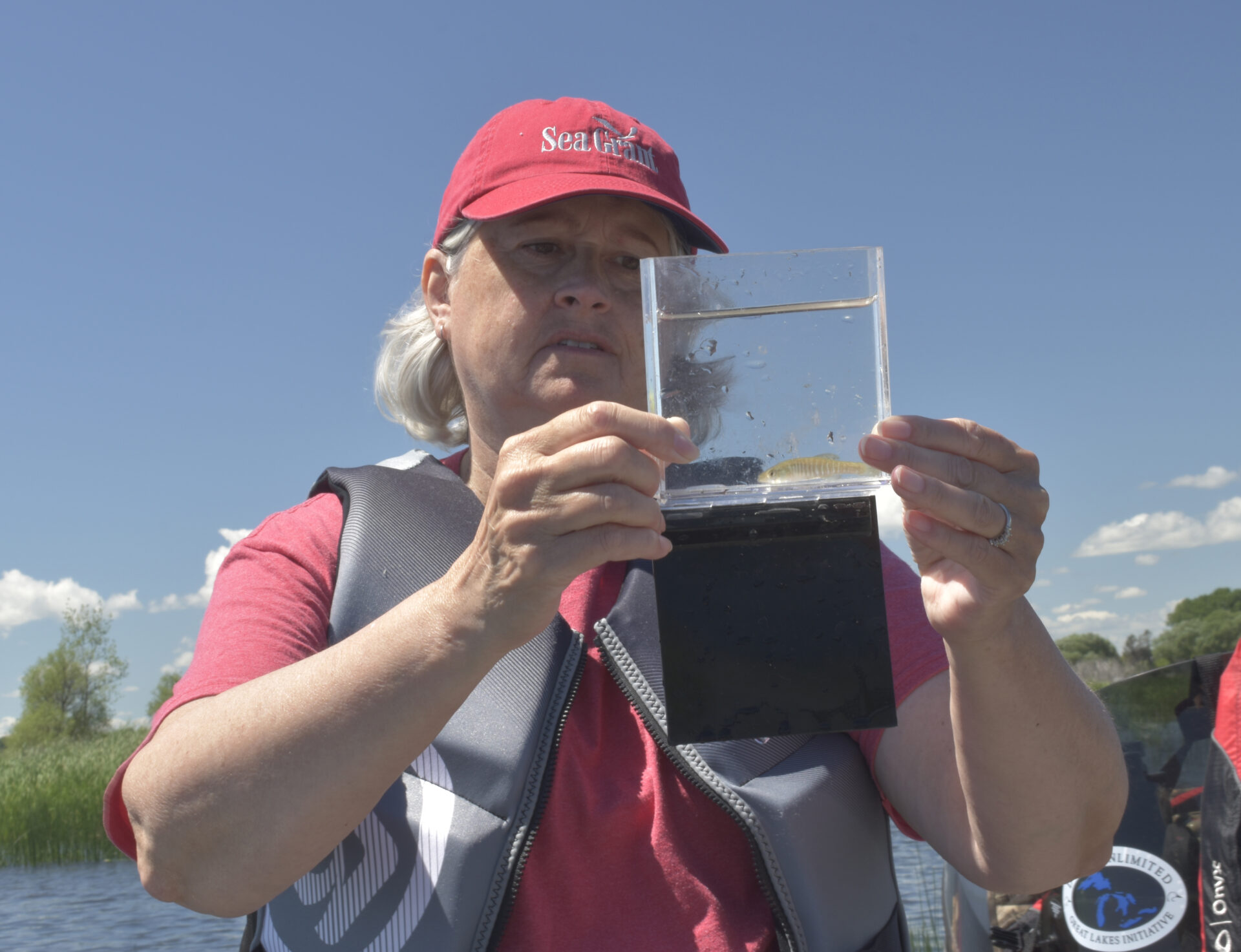Water conditions can be a factor for the top finishers at a regatta. Water conditions are also an indicator of the overall health of the world’s largest freshwater system. In Jennifer Phillips, there’s a combined knowledge of both.
Phillips, Wisconsin Sea Grant’s newest Sea Grant Dean John A. Knauss Fellow, has served as a volunteer coach with the Mendota Rowing Club in Madison, Wis. As an undergraduate at Cornell University, she rowed in the first varsity eight.
Phillips’ field of study is carbon acidification of the Great Lakes, a relatively unexplored phenomenon. She is in a master’s program at the Nelson Institute for Environmental Studies at the University of Wisconsin-Madison, examining climate change, aquatic systems and public policy.
“I was overjoyed when I learned I was accepted as a Knauss Fellow for 2013,” Phillips said. “I emailed my advisor, Galen McKinley, to share the wonderful news. The week prior, she and I were discussing how I had my sights set on this fellowship. I had explored the John A. Knauss Marine Policy Fellowship since I started graduate school in the fall of 2010 so being accepted is a culmination of my hard work and the wonderful support network of peers and mentors I have established in my short time at UW-Madison.”
In that short time, Phillips has begun collecting background information on the chemistry of Lakes Superior and Michigan, and assessing the links of carbon dioxide increase and acidification in the system. The social science angle comes through expert elicitation with about 20 existing leaders in the field and a Web-based survey of several hundred scientists.
Through the Knauss program, Phillips said she sees, “Young scientists immersed in the realm of policy making not only emerge as scientists who do highly relevant and timely work, but future leaders who appropriately pair strategic policy with supported evidence. The Sea Grant Knauss Fellowship emphasizes the importance and profound impact of not becoming sequestered in a reclusive specialty, but exploring topics discursively.”
She hopes to be placed in the executive branch during December meetings in Washington, D.C., the rite of passage for all Knauss Fellows who are matched to agencies and programs in either the federal, executive or legislative branch.
The Knauss Fellowship provides educational experience in federal policies and processes to graduate students in marine and aquatic-related fields and began in 1982. The fellowship is named after Dean John A. Knauss who was one of the National Sea Grant Program founders and a former administrator for the National Oceanic and Atmospheric Administration. Wisconsin Sea Grant has sent 21 previous students to the program. Candidates begin their one-year assignments in February of every year. All of their expenses are paid.





